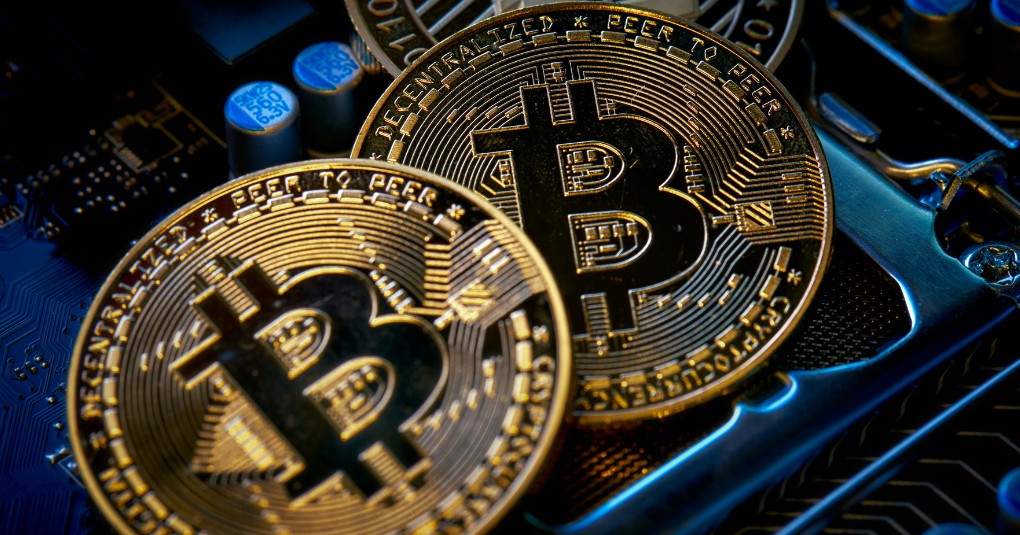The rapid rise of decentralized finance (DeFi) has created both excitement and uncertainty in the global financial landscape. With billions of dollars flowing through protocols that operate without banks, intermediaries, or even physical borders, DeFi promises a radical reimagining of how money moves. But as with any disruptive force, regulation lags behind innovation. The pressing question is no longer whether regulation will come; it’s who governs a borderless economy?
Also Read: Regulatory Whiplash: How the SEC’s New Deregulatory Wave is Shaking Up Wall Street
The DeFi Revolution
At its core, DeFi leverages blockchain technology to provide financial services, such as lending, borrowing, and trading, directly between users. Smart contracts replace intermediaries, transactions settle in seconds, and global access is just a wallet away. This democratization of finance has attracted investors, startups, and technologists eager to build an open financial system.
Yet the very features that make DeFi revolutionary, its anonymity, decentralization, and lack of oversight, also make it a regulatory challenge. Governments, regulators, and financial institutions are grappling with how to apply traditional rules to an ecosystem that doesn’t fit into existing frameworks.
The Regulatory Dilemma
Unlike traditional finance, DeFi has no central authority, no headquarters, and often no identifiable entity behind the protocols. This decentralization creates a regulatory vacuum. For instance, if a lending protocol fails or a liquidity pool is hacked, who bears responsibility? Is it the developers who wrote the code, the decentralized autonomous organization (DAO) that governs the protocol, or the users themselves?
Regulators face an unprecedented dilemma: enforce compliance too aggressively, and they risk stifling innovation; leave DeFi unchecked, and they risk exposing investors and economies to fraud, money laundering, and systemic risks.
Global Approaches to DeFi Regulation
Different regions are experimenting with diverse approaches to DeFi regulation:
- United States: Regulators like the SEC are treating some DeFi projects as securities platforms, demanding greater disclosure and accountability.
- European Union: The Markets in Crypto-Assets (MiCA) regulation aims to bring more clarity to crypto markets, but DeFi remains a grey area.
- Asia: Countries like Singapore are pursuing sandbox models, allowing innovation while testing compliance frameworks.
The global nature of DeFi makes regulation especially tricky. A protocol built in Singapore can be used in Germany, managed by a DAO in the U.S., and governed by token holders worldwide. No single jurisdiction can claim complete authority.
The Future: Hybrid Governance Models
One emerging solution is hybrid governance, where DeFi protocols adopt self-regulation mechanisms alongside compliance features. Smart contracts could include built-in Know Your Customer (KYC) processes, and DAOs could implement transparent voting on compliance measures. RegTech (regulatory technology) tools may also enable real-time monitoring of DeFi transactions, bridging the gap between decentralization and oversight.
Moreover, collaboration between regulators and the DeFi community will be critical. Instead of imposing legacy frameworks on a new system, policymakers may need to co-create novel governance models tailored to decentralized ecosystems.
Who Governs the Borderless Economy?
The answer may not be a single authority but a shared governance model. Developers, DAOs, regulators, and even AI-driven compliance systems could collectively shape a new form of oversight. In this vision, DeFi retains its innovative spirit while addressing risks that threaten financial stability.
Also Read: Is It Really Green? How Regulators Are Taking on Greenwashing in Finance
Wrapping Up
DeFi has already proven that money can move faster, cheaper, and more inclusively than traditional systems. The next chapter depends on whether the global community can design governance models that safeguard users while preserving the borderless promise of decentralized finance.
In short, the borderless economy cannot be governed by borders alone; it will require collaboration, innovation, and trust to strike the right balance.
Tags:
Corporate GovernanceFinancial ReportingInsurance RegulationRegulatory ReformAuthor - Imran Khan
Imran Khan is a seasoned writer with a wealth of experience spanning over six years. His professional journey has taken him across diverse industries, allowing him to craft content for a wide array of businesses. Imran's writing is deeply rooted in a profound desire to assist individuals in attaining their aspirations. Whether it's through dispensing actionable insights or weaving inspirational narratives, he is dedicated to empowering his readers on their journey toward self-improvement and personal growth.



